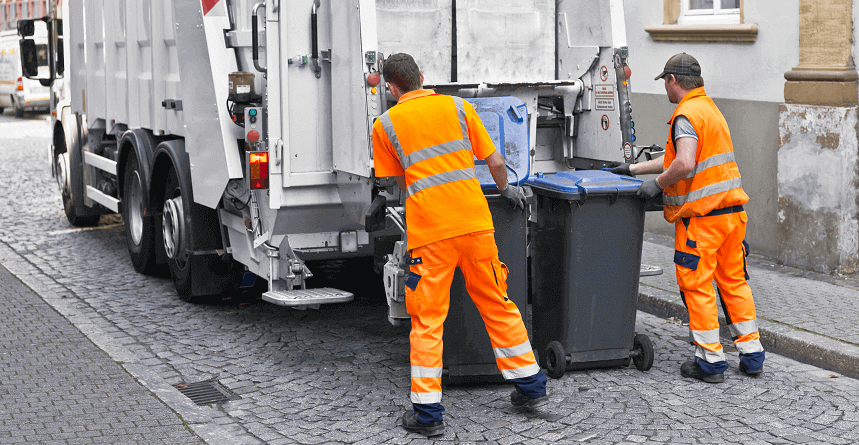Business waste is waste that originates from a commercial activity and must be disposed of responsibly. If it is not disposed of correctly, you could be fined for a variety of offences, including fly-tipping. To avoid being fined, be sure to use a reputable company to collect and dispose of your waste.
Business waste is any waste product created from commercial activity
In the UK, the term business waste is used to describe waste products created by commercial entities. A waste management company collects and recycles this waste, providing businesses with free recycling bins. However, businesses can also implement their own recycling program, thereby avoiding the need to hire a waste management company.
Business waste includes all waste products generated by a business, including waste from employees. This waste must be disposed of properly. Failure to dispose of it correctly can result in prosecution. It is important to find a business waste service provider that matches your company’s needs.
It must be collected
Under the Environment Agency’s Duty of Care, business waste must be collected and disposed of responsibly. Some types of waste require special treatment, while others can be safely disposed of by ordinary means. In many cases, district councils are required to provide chargeable collection services for trade waste. Contact your local authority for more information.
The UK government has established strict waste regulations aimed at reducing the amount of waste created by businesses and protecting the environment. The legislation also encourages businesses to recycle and re-use materials where possible.
It must be disposed of responsibly
Businesses across the UK are under a legal duty to ensure that waste is disposed of responsibly. This covers everything from scrap computers to electrical equipment and furniture to food packaging and flammable waste. It also applies to stay-at-home businesses. Any business that fails to comply can face serious consequences.
The waste generated by businesses is transported to a waste treatment facility or a landfill. Different types of waste are treated differently. The WasteManaged website has an excellent guide to waste treatment. Different waste types can be recycled, reused, or disposed of by incineration.
It can lead to unlimited fines if it is fly tipped
Fly-tipping is the illegal dumping of waste, which can damage the environment, risk public health, and cost taxpayers money to remove. Everyone has a legal duty of care to make sure their waste is disposed of in the right way. Those who fly-tip could face unlimited fines and up to five years in prison. This is why it’s vital to use a registered site and hire a licensed waste carrier.
Fly-tipping is a serious offence and carries a fine of up to PS50,000 or even five years in prison. Even a small bin bag of rubbish can be illegally dumped and may result in a court case. Fly-tipping can occur anywhere, including private land.
It must be handled by a commercial waste collection company
The UK requires businesses to use a commercial waste collection company to dispose of their waste legally. This is required by the European Union Landfill Directive (EU-Landfill Directive) which sets a Union-wide standard for landfills and targets to divert waste from them. Businesses that fail to comply with the law can face fines and prosecution. They may even be put on a criminal record.
The UK has a duty of care to protect the environment. Businesses must properly sort and store waste to ensure that it does not harm the environment. More than 100 million tonnes of waste is generated annually in the UK, and this figure is set to rise. As the UK has limited resources and land, it is vital to minimise its impact on the environment. To achieve this, businesses must sort their waste into different categories and consider the environmental impact of their waste management practices. A commercial waste collection company can provide this professional guidance.
It requires a waste transfer license
If you’re a business owner, you must have a waste transfer license before you can begin collecting and storing business waste. Business waste is any waste that’s created during commercial activity. This can include everything from household trash to the waste that comes from mobile traders like burger vans or gardeners. Additionally, hazardous waste has additional regulations and responsibilities.
In order to transport waste in the UK, businesses must register as authorised waste carriers. This type of license is free, but there are restrictions. If you’re not registered, you can face fines and penalties.
